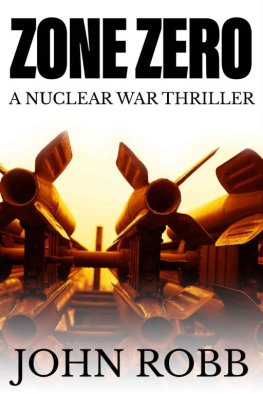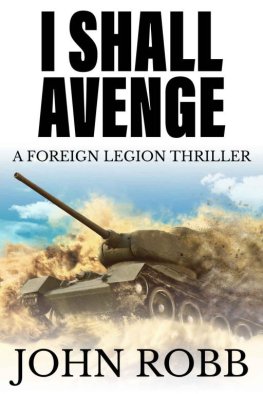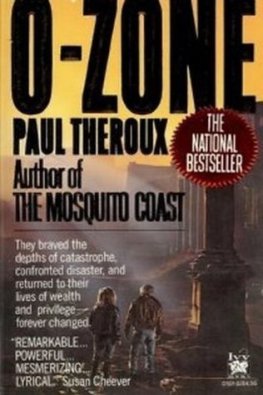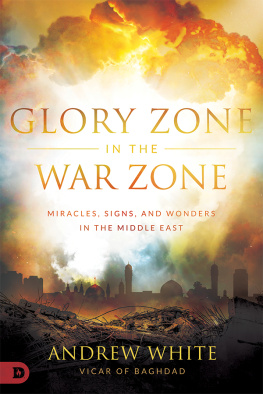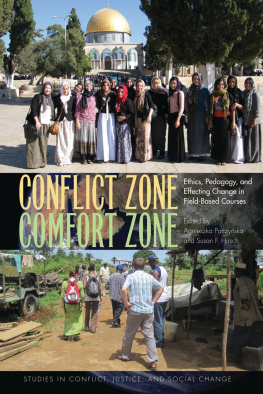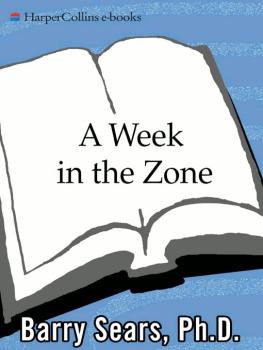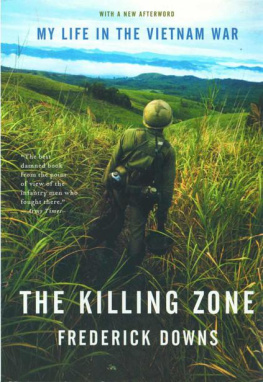General Jonot unrolled the map of Algeria. He pinned it flat to the table. The staff officers gathered round to examine it. They concentrated on a neatly pencilled square which enclosed part of the Territory of the Oases. The general pointed to it with a well-manicured finger.
Evacuation, he announced. Complete and absolute evacuation. Every man, woman and child must be removed from the area. There can be no exceptions.
An elderly and faded colonel said: It will be difficult. The area covers a hundred square miles.
I am aware of both those facts, General Jonot said tartly.
The colonel flushed. But he was not deterred. He added: The Arabs will resent it very much. We may move them from the zone, but can we be sure they will not drift back?
They will probably die if they do. That will be explained to them.
There was an uneasy shuffle among the operational staff officers. Some went on looking at the map. Some looked at each other. None looked at the general.
The colonel cleared his throat.
But, man generate, they will not understand.
Understand? I dont see why not. Surely the choice between life and death is simple enough!
There was a touch of asperity in General Jonots tones. But the colonelwho was due to retire shortlywas not intimidated. He voiced his doubts with the quiet; indifference of a man who has nothing to gain or lose.
The Arabs may not see it in such a simple light, mon generale. They are primitive and peaceful peoples and they have a strong attachment to their villages. How can we expect them to understand when we tell them about the great explosion? We can tell them that the Western powers are going to detonate the first of the new fission bombs in the area we can say that a hundred square miles of desert will be dangerous for weeks afterwards we can talk to them of the deadly gamma rays but they will not comprehend. They will know only that they have been uprooted.
Some of the officers gave a cautious mumble of assent. General Jonot shrugged.
We have our orders, he said. We must carry them out.
An intellectual looking captain blinked nervously behind his horn spectacles. His voice squeaked somewhat as he said: It will do us much harm, mon generaes.
Jonot glared through him. He did not encourage contributions from junior officers.
Will it? I am sorry to hear that. But I think we will survive.
The captain withdrew in confusion. But the colonel took up his point.
No doubt he means that the Legion will suffer, in terms of good will. Under our protection the Arabs have lived in peace for many years and they are grateful. But they will hate usoui, hate uswhen we eject item from their homes.
For a moment, General Jonot was silent. Then he said: These things are soon forgotten. Dont forget that arrangements are being made to look after the displaced Arabs. A reception camp is being built near Tuggurt where they will be housed and fed until it is safe for them to return.
The colonel smiled coldly.
Return? he queried. Return to what? If what we hear about the bomb is true, most of them will have nothing to come back to. Their villages will have disintegrated.
They will be compensated.
With what, generale? Money? They have little use for coinage.
Jonot shrugged and suddenly he looked tired. He was tired. Secretly, he knew that the objections were valid ones. But, because of his rank, he could not say so. He attempted an oblique defence.
I am not responsible for this decision, he said. It was decided by the Western governments that Algeria was the best place for the explosion. And remember, mes officiers, that a great honour now falls on the French Foreign Legion, for we have been entrusted entirely with the security arrangements
Jonot paused and surveyed the group of worried faces. Then he added: Discontented Arabs will not be our only problem. Many skilful enemy agents will certainly try to approach the explosion areafor certain powers are most curious about the bomb. We must see to it that they learn nothing.
He thrust papers into his despatch case. The conference was over. They were all relieved. The colonel said tentatively: Will you take a glass of wine, mon generale?
Jonot shook his head then put on his silver-corded hat.
Thank you no. I must return to the command centre at once. But there is one more matter I must mention, gentlemen. There is a code name for the explosion area. In/future it will be called Zone Zero. Dont forget that. It is vitally important. Zone Zero
The vultures (it was claimed) laughed when they looked down on Fort Ney. They opened their cruel beaks and gave full-bodied squawks of amusement. Practically every legionnaire who had ever served in the place was adamant on the point.
They could have been right.
Fort Ney was a vicious joke. It was an insult to the memory of a great soldier. It was also an insult to the legionnaires who lived within its narrow walls.
It was not really a fort. It was a tiny stone box with half a lid. A place of red sandstone where men sweated and cursed, argued and slept. Where with complete impartiality they called upon God and the Devil to free them from their infernal boredom.
It had been adapted from an ancient Saracen outpost. But the adaptation had been meagre.
The puny eight-foot tall ramparts were unchanged. So were the centuries-old wood and iron gates which were nearly useless as a barrier.
Only two structural changes had been made since the Legion took over. One was the erection of a stone building in the centre of the tiny compound. Here the garrison slept and ate. And here the officer commanding had his office, which also served as a bunk and radio room. The other alteration was purely symbolic. It consisted of a flagpole which supported a listless Tricolour.
The High Command referred to Fort Ney as a prestige base.
It was admitted that the place could never resist a determined attack. But it never had been attackedso why worry about that? Standing on the southern extremity of the Territory of the Oases, Fort Ney brooded maternally over a handful of scattered and contented Aral villages.
Oncemany years backa committee of the High Command had discussed a proposal to evacuate the fort. The idea had been dismissed contemptuously. Such a move, it was decided, would result in loss of face among the Arabs.
And so at regular intervals of three months a relief column of thirty men under a lieutenant marched miserably over a hundred miles of desert to take over the fort.
Lieutenant Andre DArans garrison had arrived four days ago.
Four days. More than eighty days to go before they would be able to return to the comparative comforts of the barracks at Tala Baku.
DAran sat on the corner of his hard bunk am ruminated darkly.
This, he told himself, was the worst period of all. It was the time when a man wanted to weep over the past and lament the fact that he had no future. This was the time when the atmosphere alternated between bovine apathy and simmering fury.
The time when disciplinenecessarily informal in such a confined placesuffered great strain.
DAran glowered at his cell-like room. A narrow shaft of sunlight coming through the open window played upon the desk in the corner. It was an untidy desk, well littered with a profusion of garrison reports. On the floor beside it there stood a massive and aged typewriter.
He turned his attention to the trestle table against the opposite wall. Here, in the shadow, there was a bewildering array of wires, knobs and valves which comprised the forts radio receiving and transmitting set. He was supposed to use this once a week to tap out a routine report to Tala Baku. But DAran knew from past experience that the instrument seldom worked properly because the intense heat soon dried the power out of the batteries. Sometimes it took a couple of days hard tapping before one was able to transmit the two words All Correct to Baku. Then, in all probability, there would be another day of agonised listening with the headphones on before one picked up the reply Signal Acknowledged.

